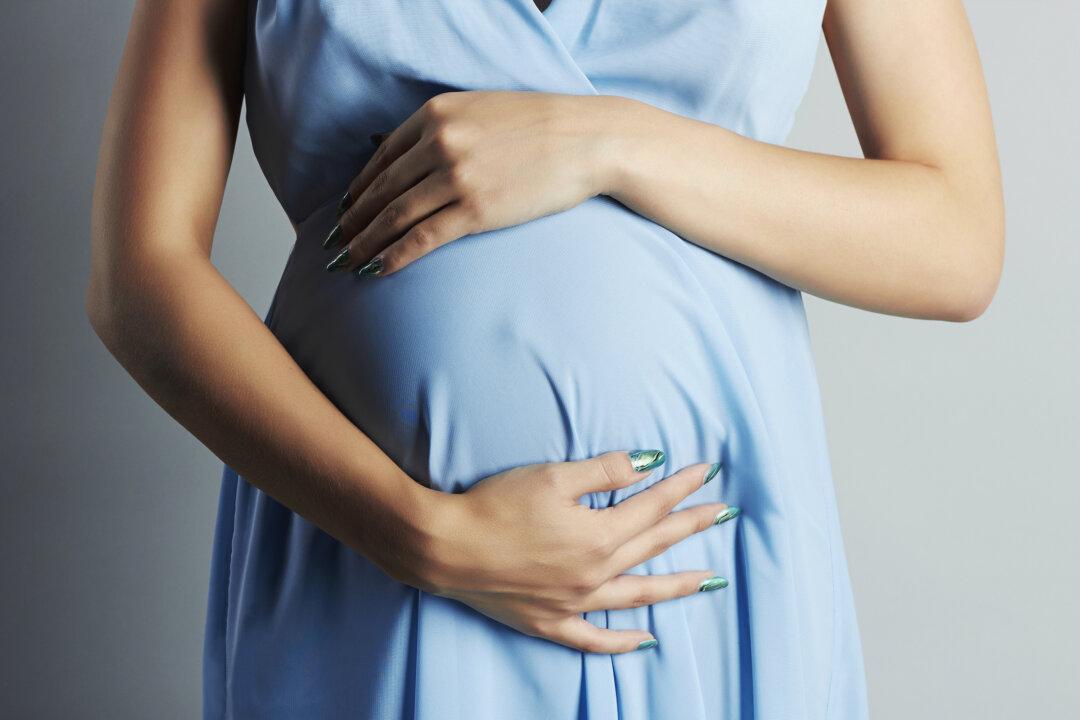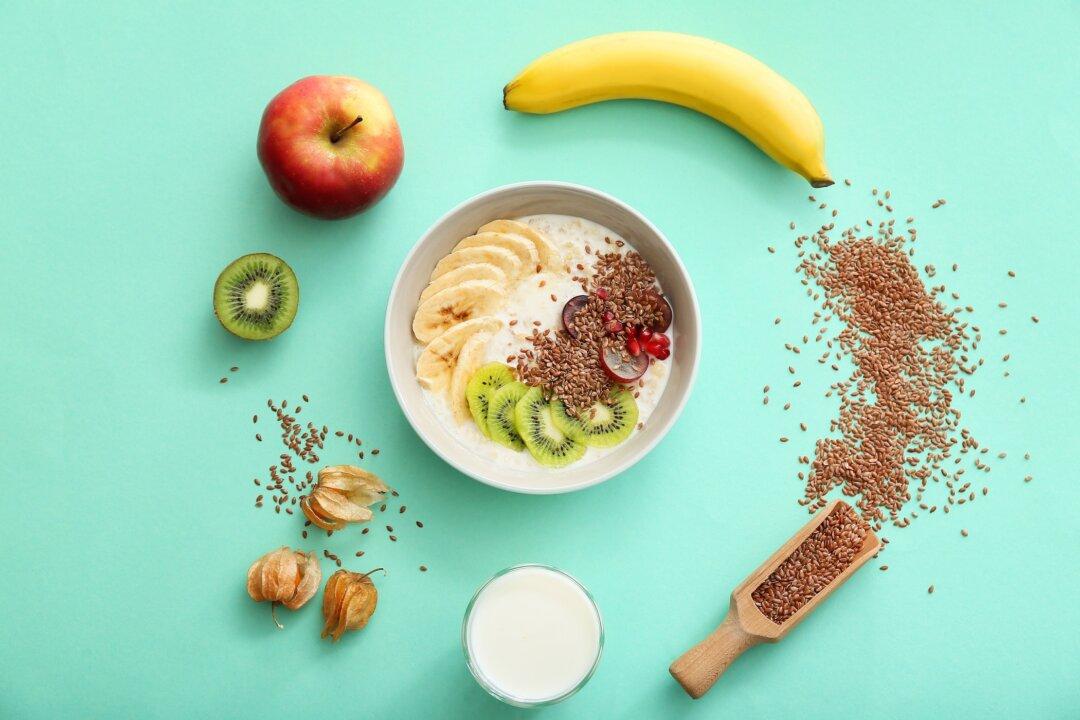Dates are put to the test in a randomized, controlled trial for cervical ripening.

Eugene Partyzan/Shutterstock
|Updated:
Michael Greger, MD, FACLM, is a physician, New York Times bestselling author, and internationally recognized professional speaker on a number of important public health issues. He has lectured at the Conference on World Affairs, the National Institutes of Health, and the International Bird Flu Summit, testified before Congress, appeared on “The Dr. Oz Show” and “The Colbert Report,” and was invited as an expert witness in defense of Oprah Winfrey at the infamous “meat defamation” trial. This article was originally published on NutritionFacts.org
Author’s Selected Articles





